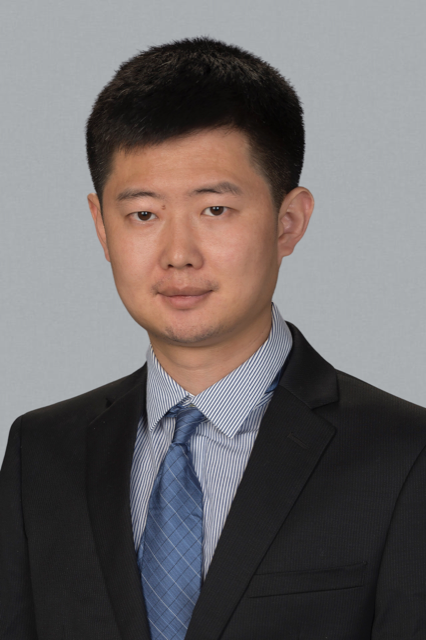
Dr. Xuyu Wang is developing new methods using deep learning to accurately measure large-scale, heterogeneous, dynamic, and complex 5-G wireless networks, transforming the way we will communicate in the future. Increasingly, the growth of today’s large-scale, heterogeneous, dynamic, and complex wireless networks is becoming problematic for achieving accurate and robust measurements in 5G networks and beyond. Obtaining these measurements is important for continued growth and adaptability of the networks.
Most existing data-driven solutions are black-box approaches, which may not be sufficiently robust and adaptive to handle the data flow on these networks and have traditionally been used only for low-dimensional and discrete data. Dr. Wang asserts that wireless data actually belongs to the class of functional data, which can be represented by curves or functions. High-dimensional wireless datasets can be better handled by functional data analysis (FDA) which deals with the analysis of data represented by functions, images, and shapes. Dr. Wang and his research team are developing a deep learning-based approach to address fundamental regression problems—predictions of variables—due to sparse wireless measurements of the functional data. His work will bridge the gap between FDA-based learning and wireless measurement.
The merits of the research will occur through greatly advancing the practice and understanding of functional data for wireless measurement and related fields through the development and study of FDA-based transfer learning for dynamic environments. The work will include educational and outreach components such as curriculum enhancement with learning theory and FDA and development of a graduate course on FDA-based learning for wireless measurements. Other outreach activities will incorporate undergraduate engagement through hands-on projects and other activities to increase public awareness of the work.
The National Science Foundation is sponsoring Dr. Wang’s research through a $200,000 grant titled, “Collaborative Research: IMR: MM-1A: Functional Data Analysis-aided Learning Methods for Robust Wireless Measurements.” Additional information on the research can be found at https://www.nsf.gov/awardsearch/showAward?AWD_ID=2319343.
